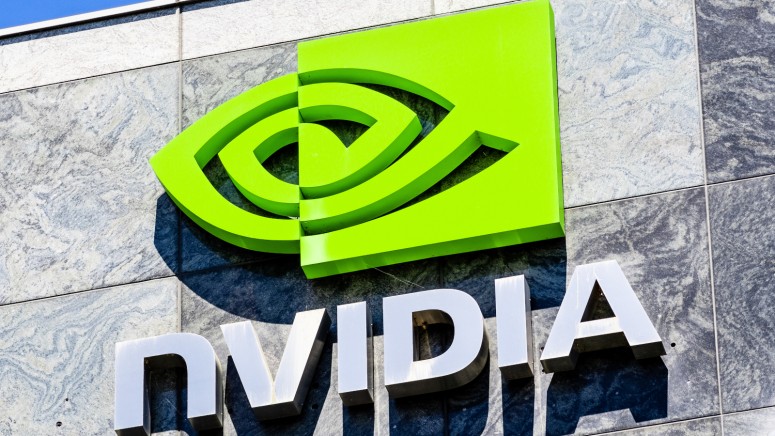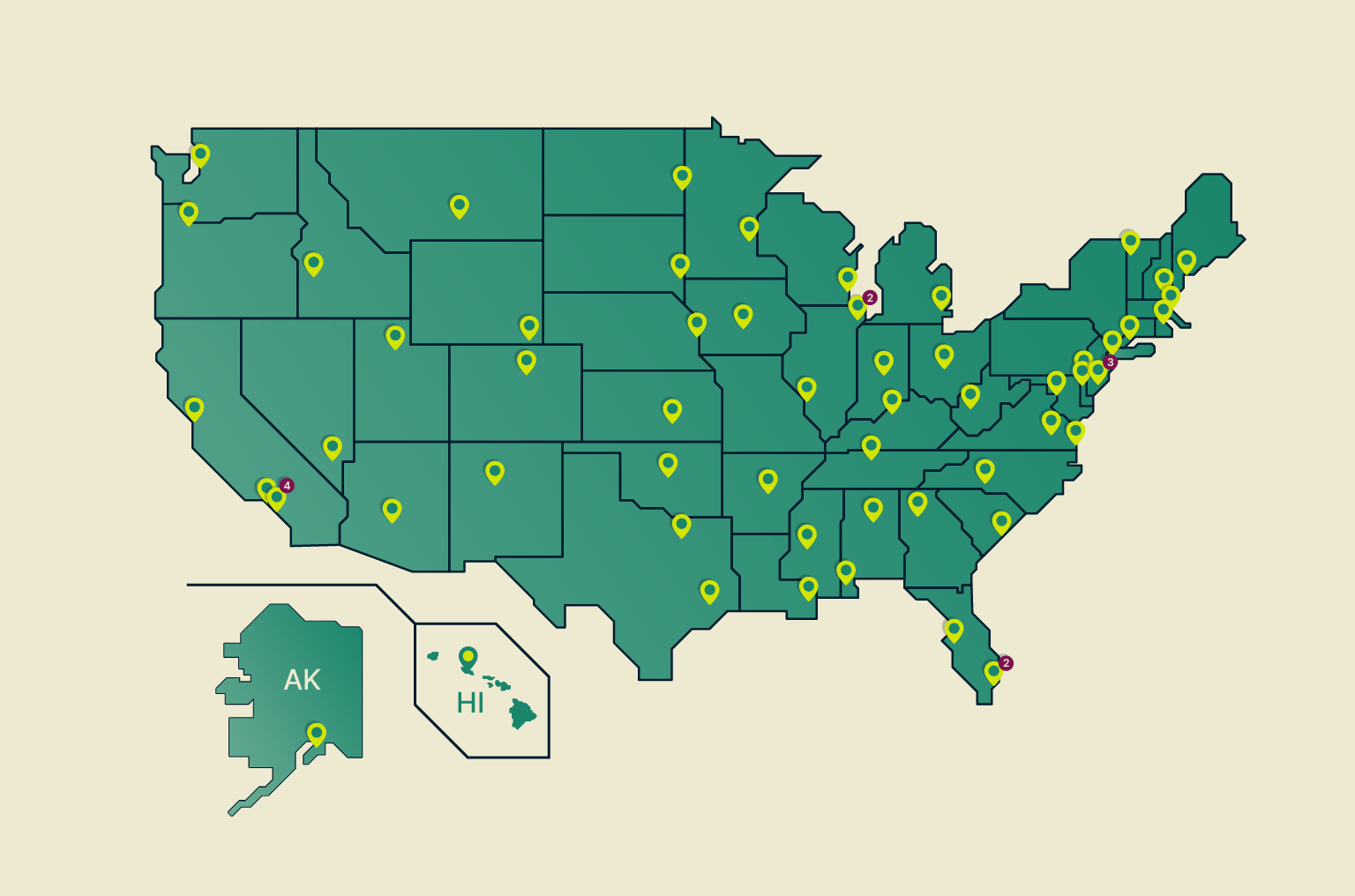
UK’s Competition Authority Expresses Concerns Over NVIDIA’s Acquisition of Arm
- The CMA in the UK raises more issues against NVIDIA’s acquisition of Arm and calls for a second investigation.
- The authorities are most worried about stifling competition by restricting access to Arm for NVIDIA’s competitors.
- It is now clear that the 18-month window set for regulator approval won’t be enough.
The Competition and Markets Authority (CMA) in the UK has raised some serious concerns over the acquisition of Arm by NVIDIA and proposes that a more in-depth investigation should occur before the green light is given. It has been quite some time since the deal was announced in September 2020, but it has still not gone through, and third-party suitors already appeared and expressed their warm interest to take part in a different kind of deal.
As much as NVIDIA tried to seal the deal quickly and convince the UK authorities that Arm would remain independent, open, and empowered to innovate at greater rates than ever, the merger is just too impactful to go through without scrutiny. CMA is worried about the chance of shutting access of Arm’s intellectual property to NVIDIA’s rivals, which would create an unwanted monopoly in the semiconductor market.
Even though NVIDIA has promised not to touch the licensing model and let Arm continue to support the widely deployed architecture in the same open way it has been doing so all these years, nobody can guarantee this will be the case after five or ten years down the line. Also, the competitors of NVIDIA may soon change to include a lot more entities, as the American company is widening its business scope to cover almost everything now.
Andrea Coscelli, a CMA chief executive, has stated:
The CMA is backed by the British government that has asked the authority to look into the case thoroughly, focusing on national security implications. This topic wasn’t mentioned in the recent announcement, but it may have a more central position in the deeper investigation that is expected to follow.
Whatever happens from now on, it is clear that the 18-month regulatory window that was initially estimated won’t be enough. As Jensen Huang, CEO of NVIDIA, told the Financial Times:
“Our discussions with regulators are taking longer than initially thought, so it’s pushing out the timetable. It’s not one particular regulator, but we’re confident in the deal, we’re confident regulators should recognize the benefits of the acquisition.”
The more time passes, the less likely it is for the deal to be approved, as the concerns raised by the regulators cannot be easily addressed. NVIDIA has offered to make concessions here and there, but none of them were deemed adequate in addressing the core of the problems.






